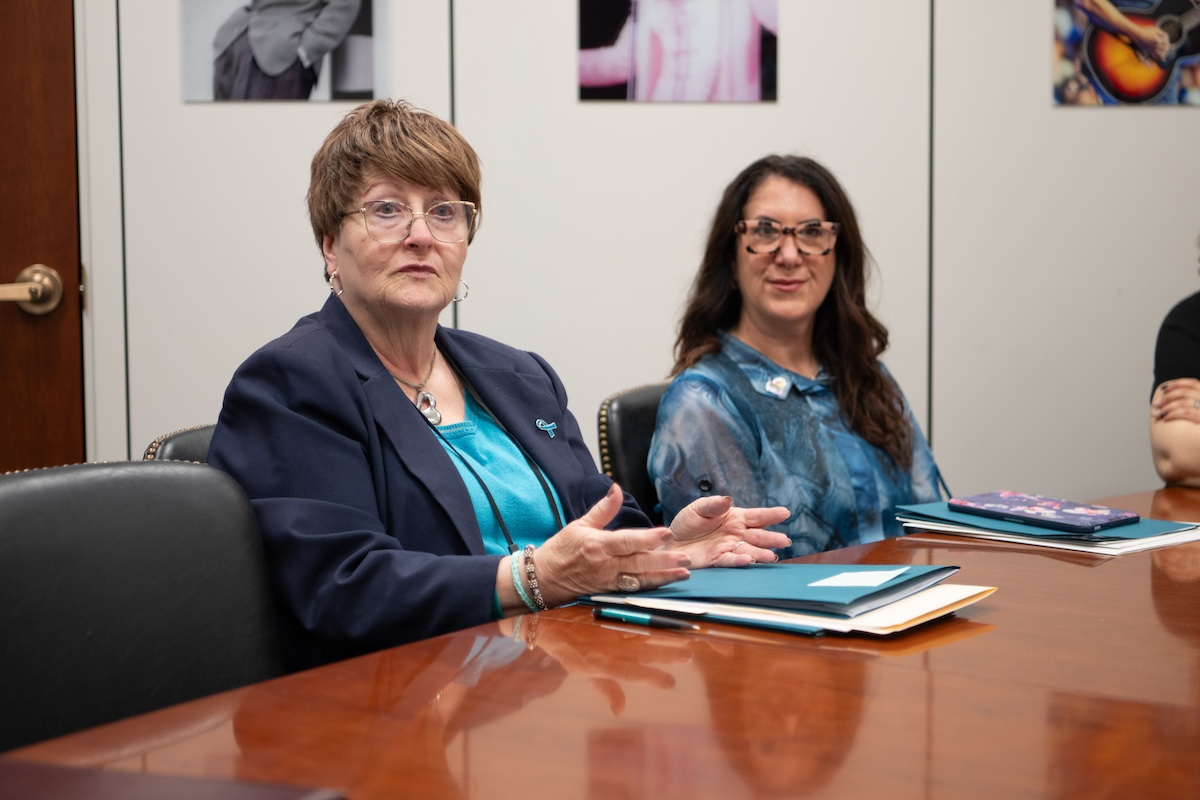On April 9, President Biden released his discretionary funding request for fiscal year 2022. Within the request, the President announced the creation of an agency that would take on high-risk, high-reward health research seeking to advance medical technologies. The agency is modeled after the renowned Defense Advanced Research Projects Agency (DARPA) which leverages public investments with private entrepreneurship and has produced such breakthrough technologies as the computer mouse, the internet, and global position system (GPS). Advanced Research Projects Agency – Health (ARPA-H) also came with a proposed budget of $6.5 Billion in the President’s budget, which is a significant investment.
OCRA has joined with other patient advocacy organizations to applaud this undertaking and joined a letter encouraging the administration to treat ARPA-H as its own separate agency with a dedicated budget to ensure that this type of aggressive research builds off the critical work done in other agencies instead of being absorbed into them. In the end, this seems to be a promising development that could have a meaningful impact on biomedical research and OCRA will work to make sure our community is represented.
Letter to President Biden Regarding Health Advanced Research Projects Agency (HARPA)
Dear President Biden,
As longstanding partners and champions of the essential role of the federal government in scientific research, we write to you in support of the establishment of a new Health Advanced Research Projects Agency (HARPA). Your elevation of the White House Office of Science and Technology Policy to Cabinet-level status comes at a time of urgency and opportunity for medical innovation, the very purpose behind HARPA.
Modelled on the Defense Advanced Research Projects Agency (DARPA), HARPA would directly address the challenges at the center of the biomedical research and development enterprise that have limited progress on many human diseases and conditions. We have just witnessed an important paradigm shift in the rapid development of COVID-19 vaccines. Grounded in basic research, vaccines were developed in under a year. HARPA would formalize this approach, enabling the federal government to catalyze rapid breakthroughs for other diseases.
In 1958, the United States created DARPA at the Department of Defense. This new government agency was designed to identify key challenges and opportunities, and to make pivotal investments in breakthrough technologies for national security, directly addressing market failures that were impeding innovation. The establishment of DARPA launched a new era in defense innovation and American leadership that led to countless new technologies, including the Internet, stealth aircraft, GPS-based precision navigation, night vision, autonomous vehicles, speech recognition, and robotic prostheses.
We need to take the same aggressive entrepreneurial approach to health innovation as we have in protecting our nation from foreign threats. Creating a new HARPA would fundamentally transform the way the United States approaches treating the majority of human diseases, and would directly address the limitations of our healthcare and biomedical research systems.
The need for HARPA is twofold. First, HARPA will provide the sustained drive needed to push through challenges and achieve medical breakthroughs by building new platform technologies. Second, the U.S. healthcare system largely relies on the private sector to leverage national investments in basic research and develop commercially available treatments and cures. This model means that diseases and therapies for which investments are risky, or downstream profit potential is low, are often ignored. HARPA will step in where private companies do not, addressing market failures with direct investments that ensure that all patients have hope for a brighter future.
HARPA will leverage existing basic science research programs supported by taxpayer dollars, as well as the efforts of the private sector, to tap American innovation bridging companies, universities and all research organizations. HARPA would support research that directly affirms, refutes, or otherwise changes current clinical practice. It would do this using milestone-driven, time-limited contracts as the central mechanism for driving innovation. This will ensure efficiency and transparency, and optimize success.
We would like to be clear that once established, HARPA should be provided its own budget with its own leadership rather than taking from the essential work done by the National Institutes of Health and other health-focused agencies within the government. The basic and clinical research funded by these other agencies are the bedrock of the knowledge base from which HARPA would work and their work is more important than ever.
Now is the time to conquer disease and chronic health conditions with urgency, ambition and American ingenuity. No other country in the world has a Health Advanced Research Projects Agency. We can lead on this!
Please let us know if you need additional background or have any questions. Many thanks for your consideration.


